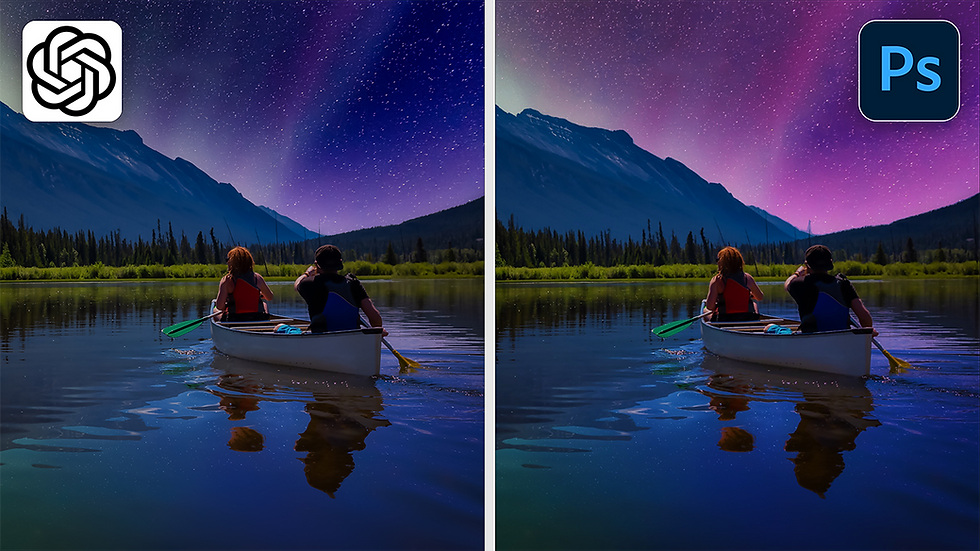Learn How to Create a Book Cover and Custom Shapes with Pathfinder Tools
- Angelo Montilla

- Jul 24, 2019
- 3 min read
Updated: Jul 25, 2019

You should always judge a book by its cover . . . design!
The first thing a consumer will see on bookstore shelves are front-facing covers, so it's crucial to convey the message and tell a story even before the reader has turned the first page.
Why? Because it increases the chances of the consumer not only picking the book up off a shelf, but also purchasing it.
There are various types of books: novels, cookbooks, picture and pop ups, catalogues, etc.
In this tutorial, we'll focus on creating an A5 size, hard cover book in #Adobe InDesign. Some of the topics covered include: how to set up the document pages, which will include the spine of the book, as well as how to use the Pathfinder settings to create your own custom shapes, much like you see in the book cover example in above.
Book Cover Setup
Create a new document that is A5 in size with three pages and facing pages turned on. Leave all the other settings as is for now and click Create.
Go to the Pages panel and in the options (four lines in top right hand corner of window) select Allow Document Pages to Shuffle. This will allow you to bring all pages facing together.
Grab the first page in your Pages panel and drag it next to or between the other two facing pages.
Click on the middle page in your Pages panel. This will become the spine of your book cover.
With your Page Tool, click on the page on your workspace, go to Layout > Margins and Columns. Set the margins on that page to 0.
With the Page Tool still accessed, change the width in either the top Control Bar or Properties Panel to 0.9". Keep in mind spine sizes vary from book to book, but in this case, we are making it 0.9".
Here's an image slide of the steps we covered in the book cover setup stage.
Using the Pathfinder tools is common in Adobe Illustrator, but did you know you have some of the same options in InDesign?
The book cover in this tutorial was designed with shapes created by using the Pathfinder tools and in this tutorial, we'll explore a few.
The Pathfinder panel can be accessed by going to Window > Object & Layout > Pathfinder. It will look like this:

Focus on the second grouping in this panel, Pathfinder.
Here you will find these options:
Add: This traces the outline of all selected objects and combines into one single shape.
Subtract: Objects that are in the front can be removed from ones in back, such as a small triangle in a larger ellipse to create a Play button icon.
Intersect: The Intersect option creates shapes from the overlapping area of objects.
Exclude Overlap: This will create shapes from areas that are not overlapped in selected objects.
Minus Back: Opposite to the Subtract option in the Pathfinder, the Minus Back feature will remove areas in the frontmost group of objects and keep remaining parts that are in the back. In this case, the ellipse shape is removed.
Overlap two or more object shapes together and select the group. With the grouping selected, navigate to your Pathfinder panel and click one of the Pathfinder tools listed to view its result.























